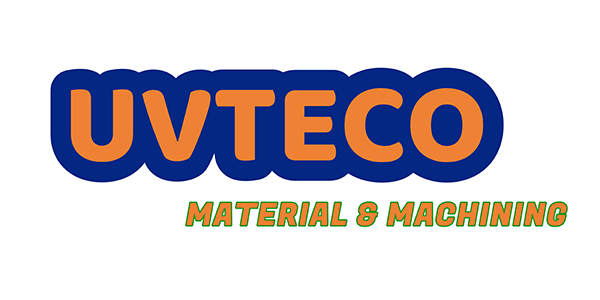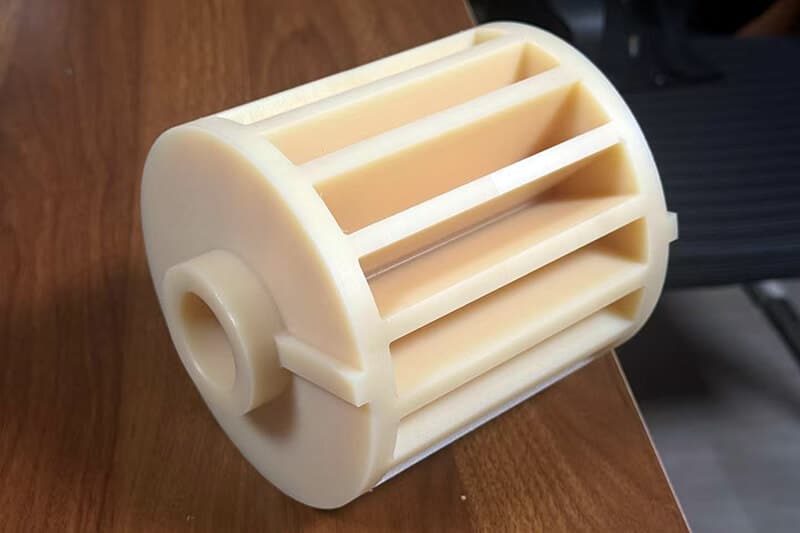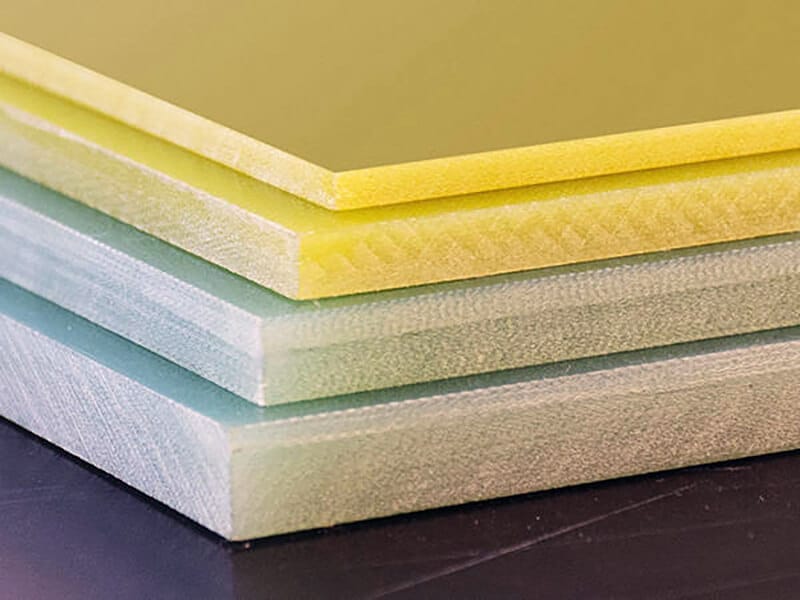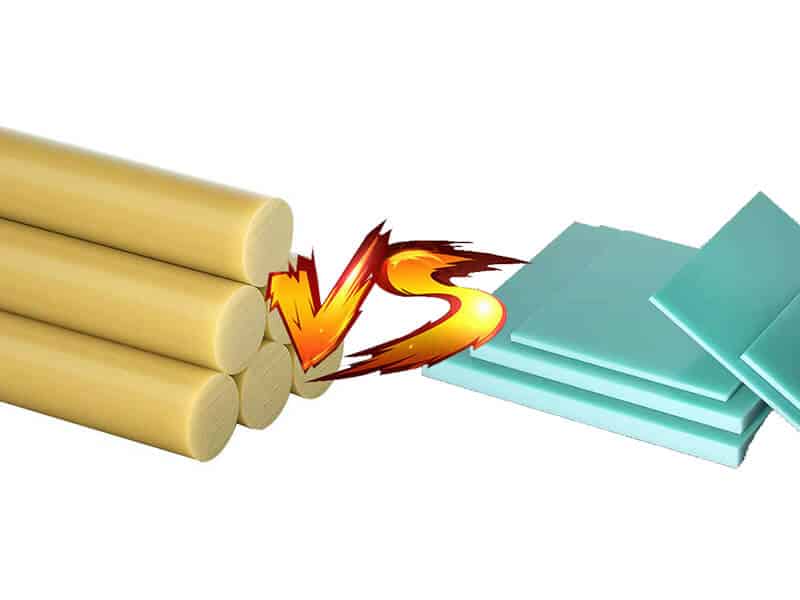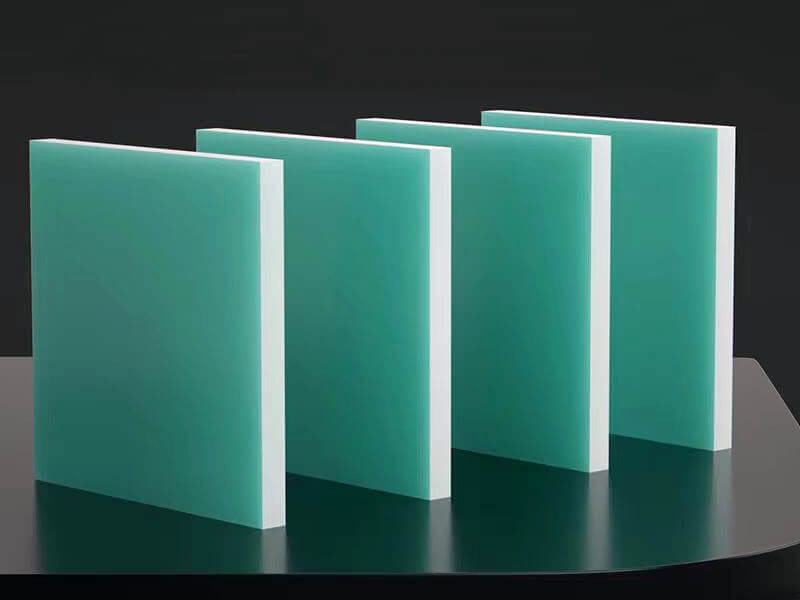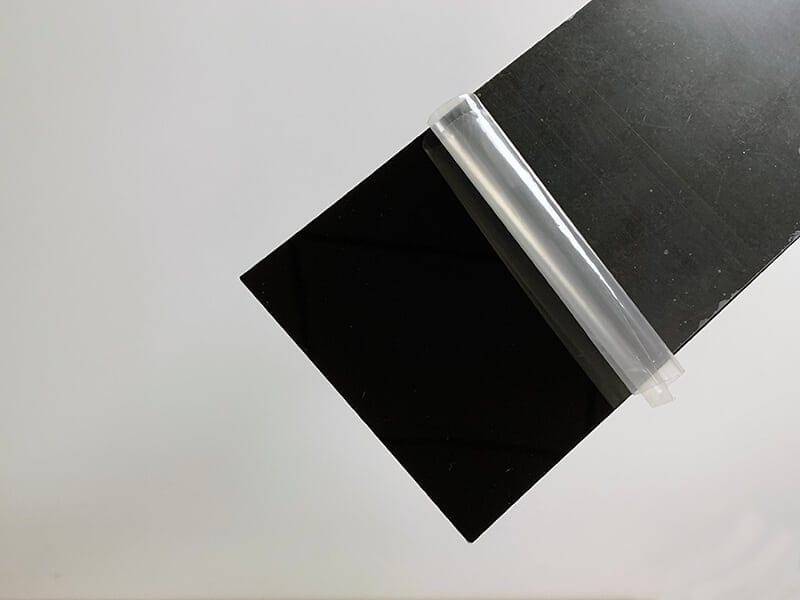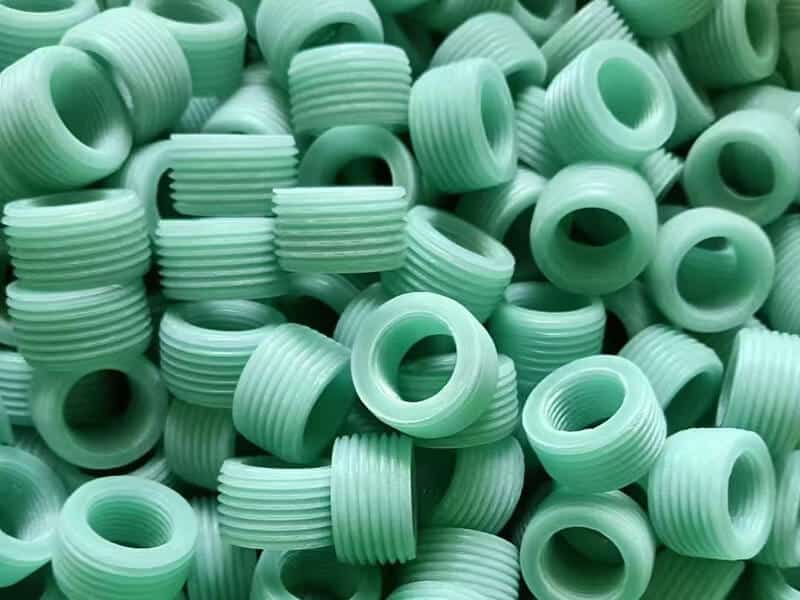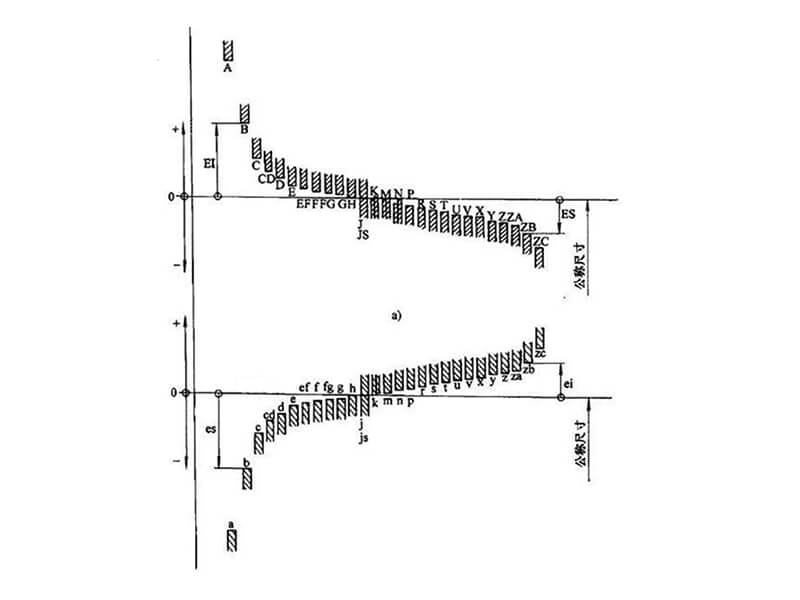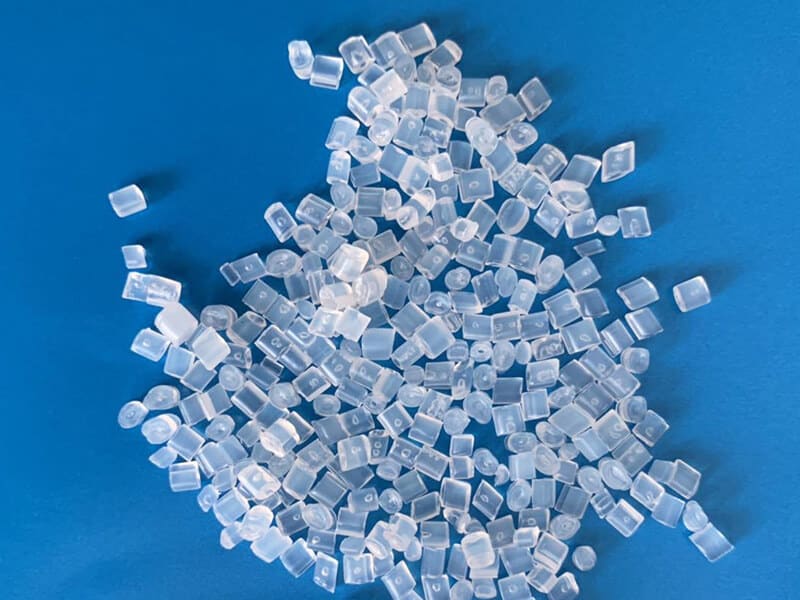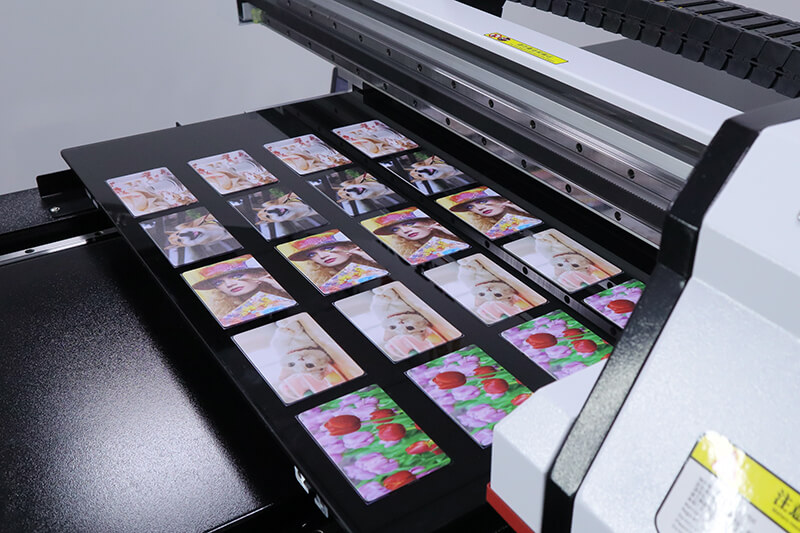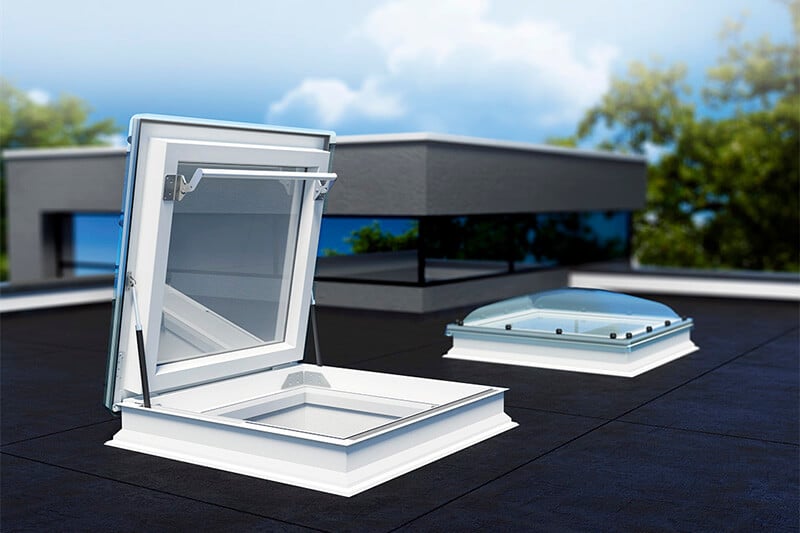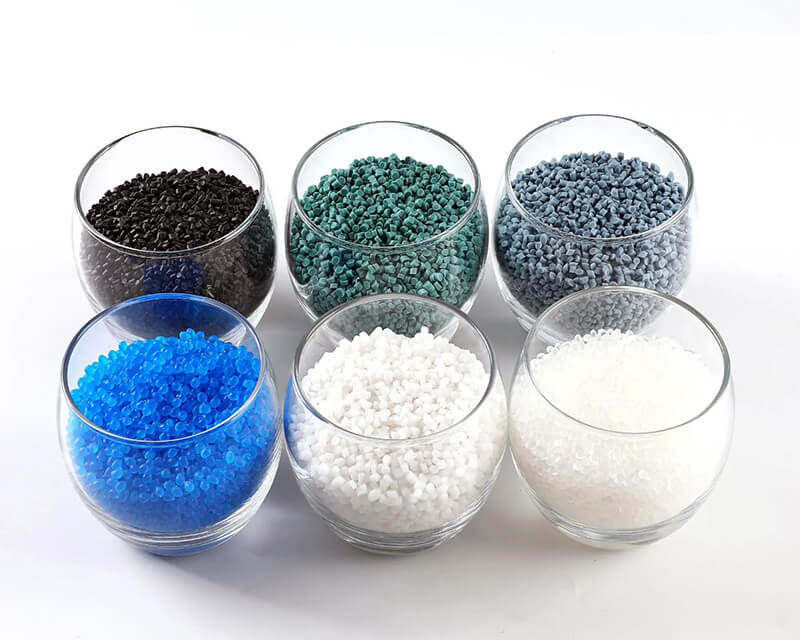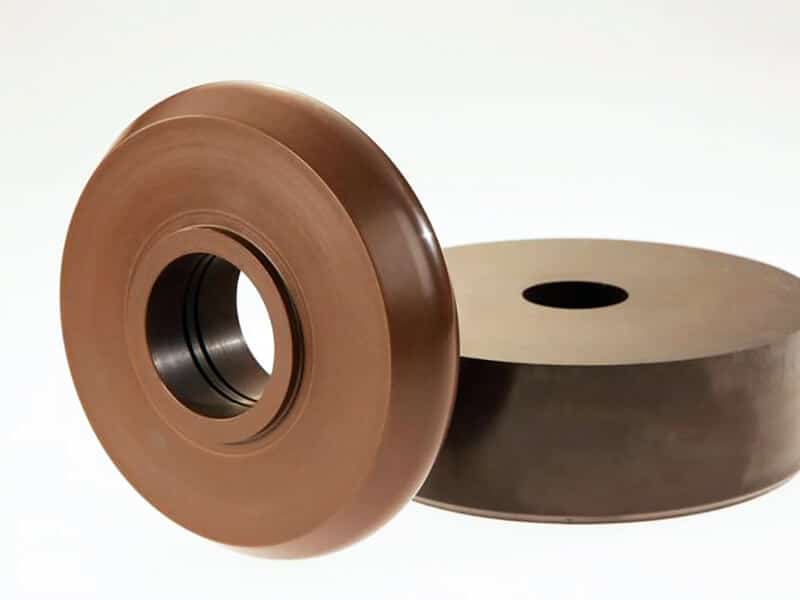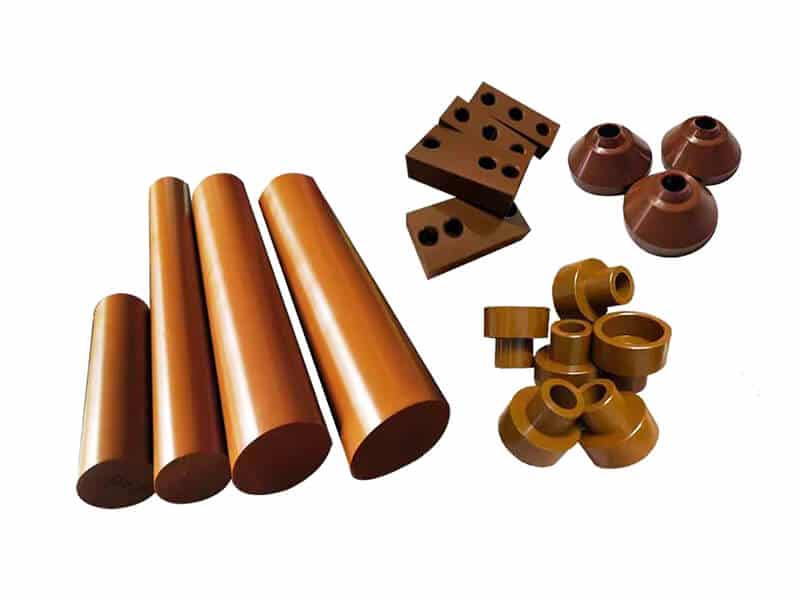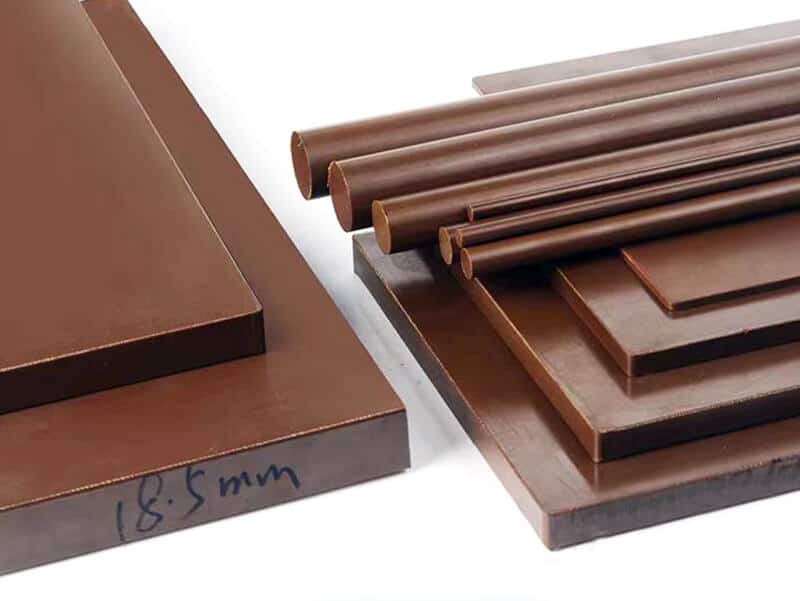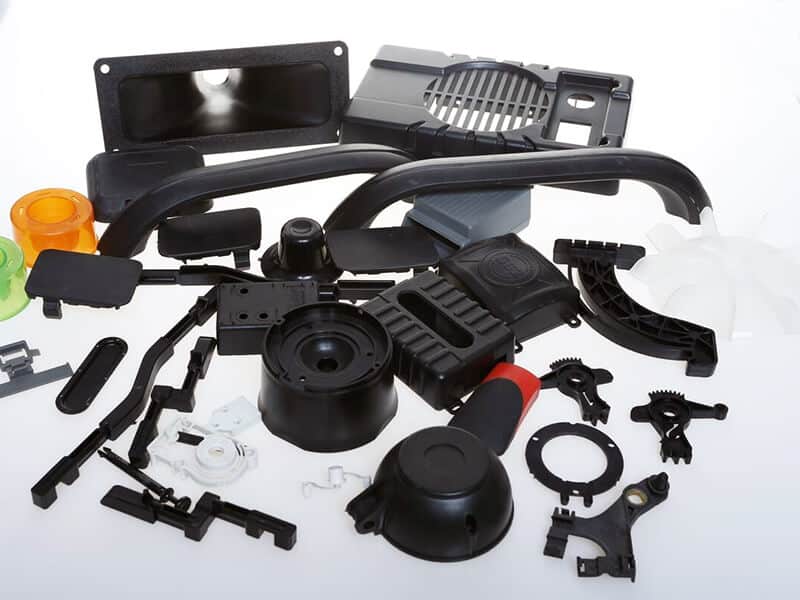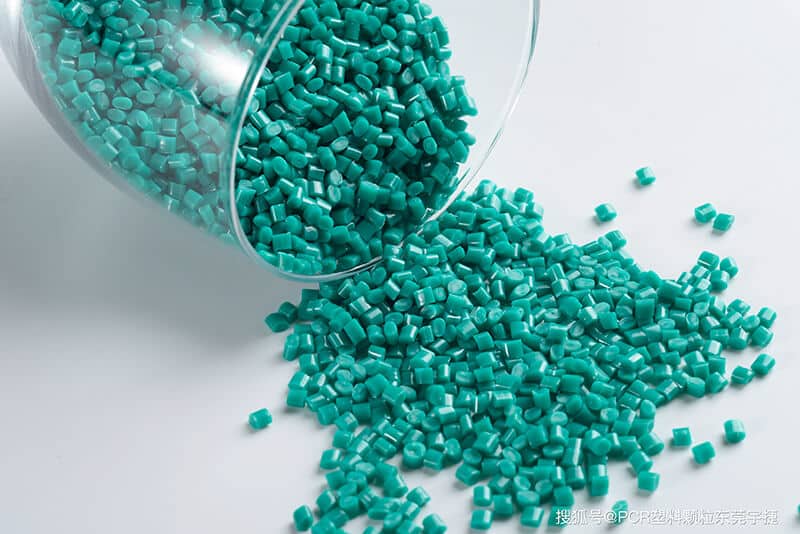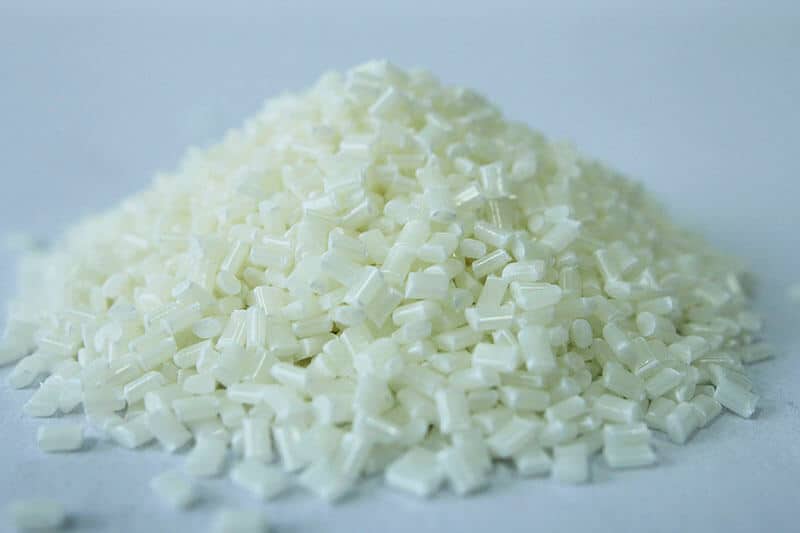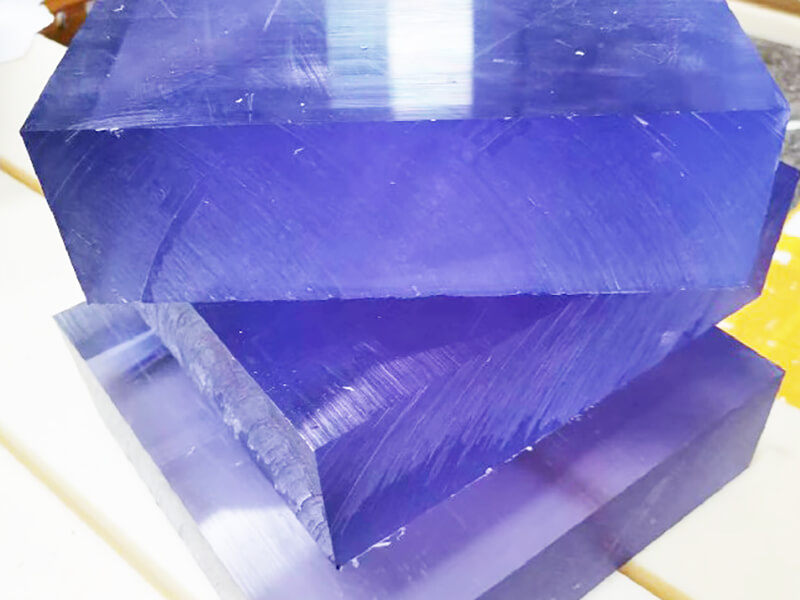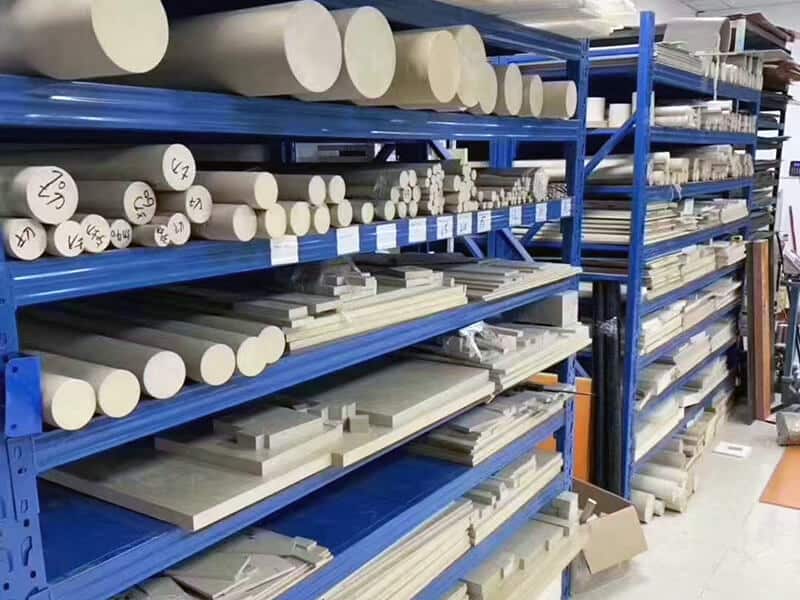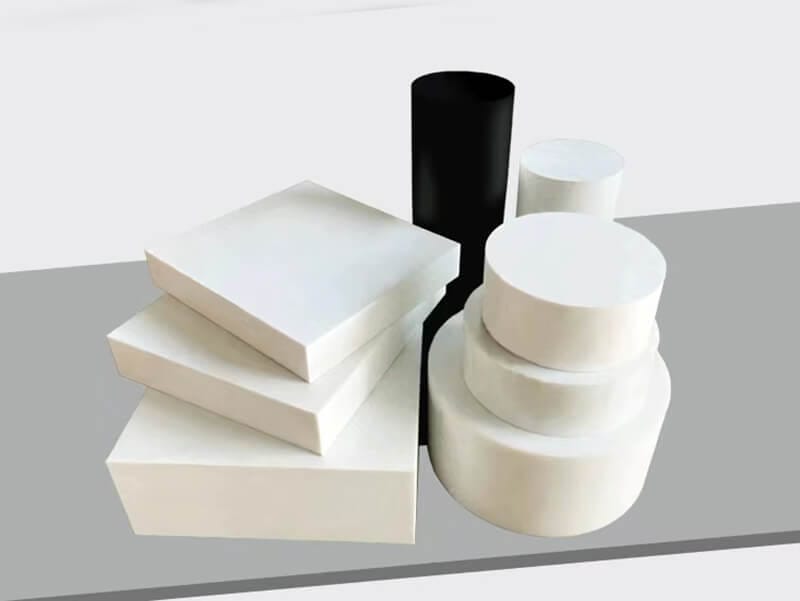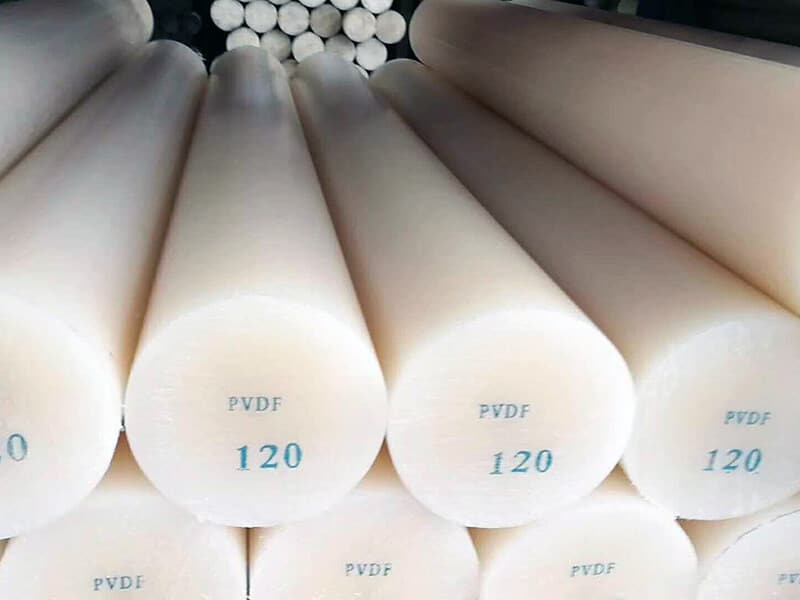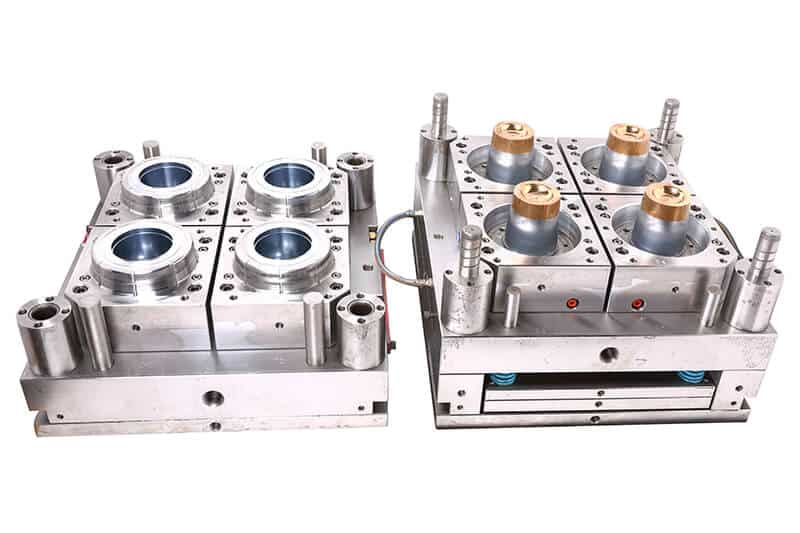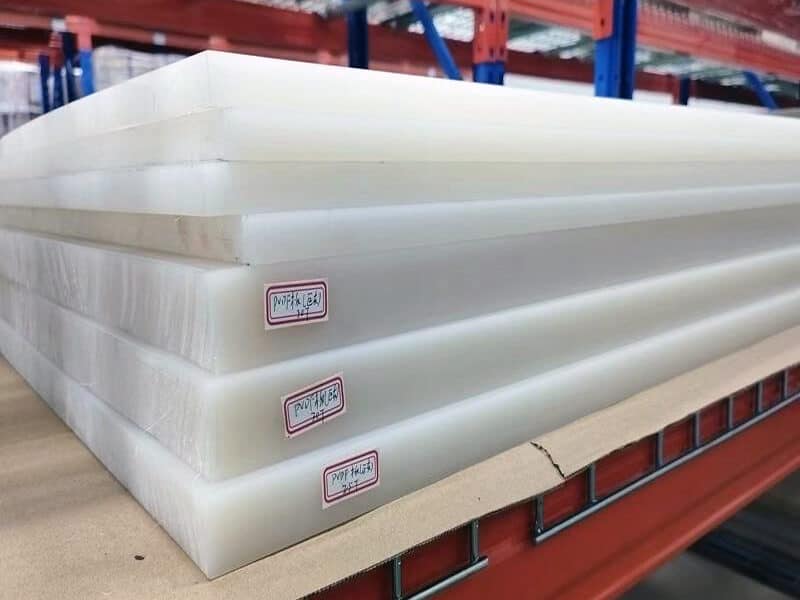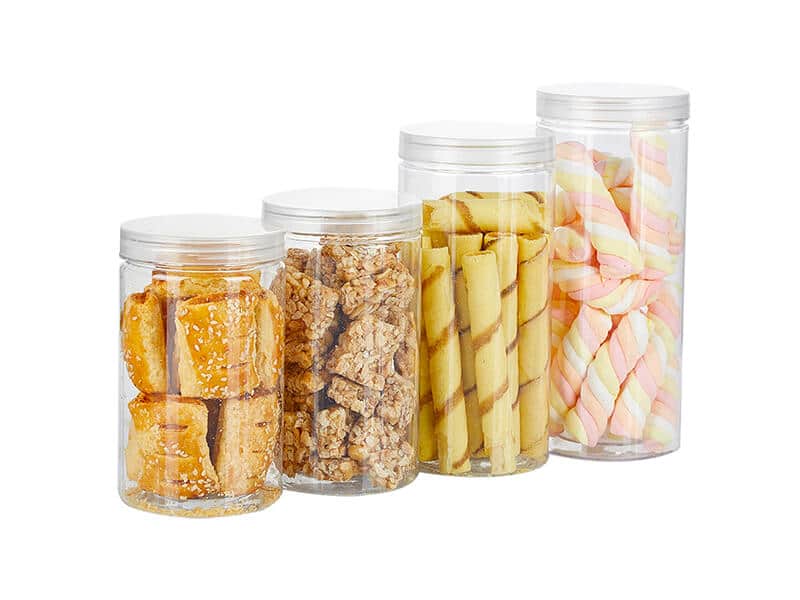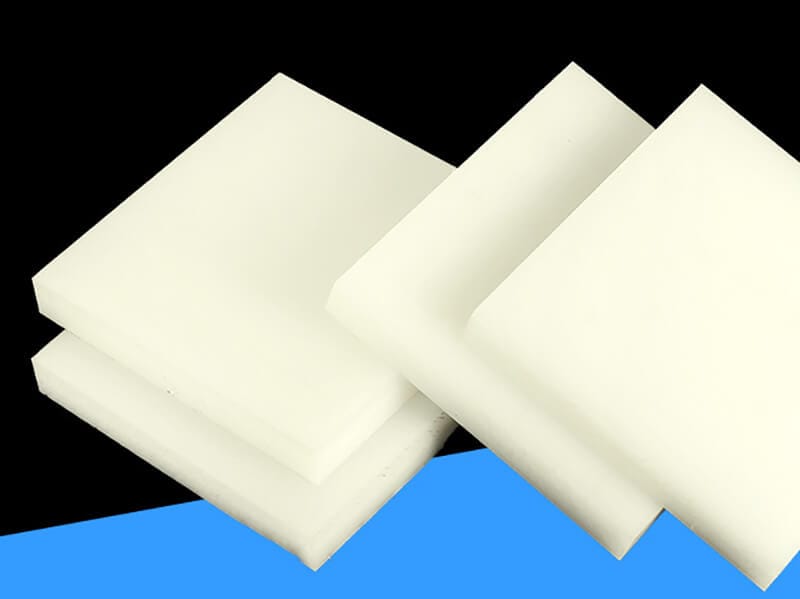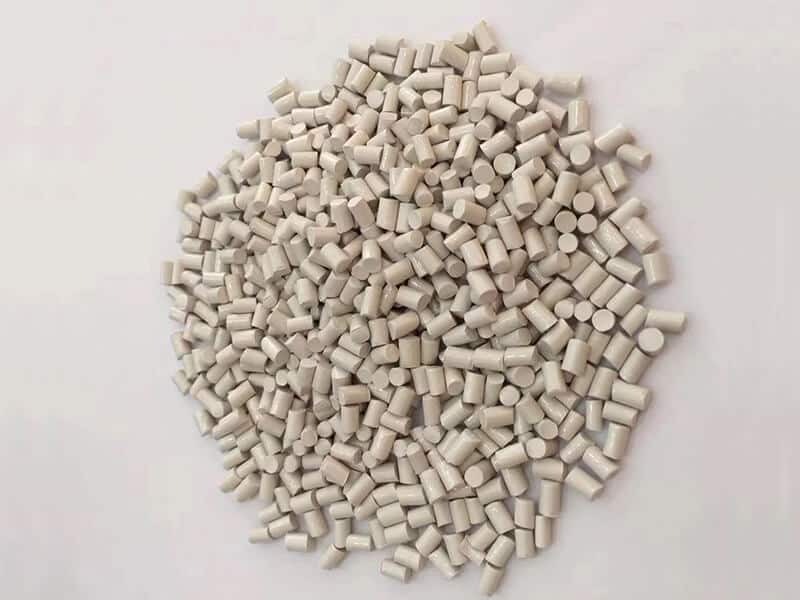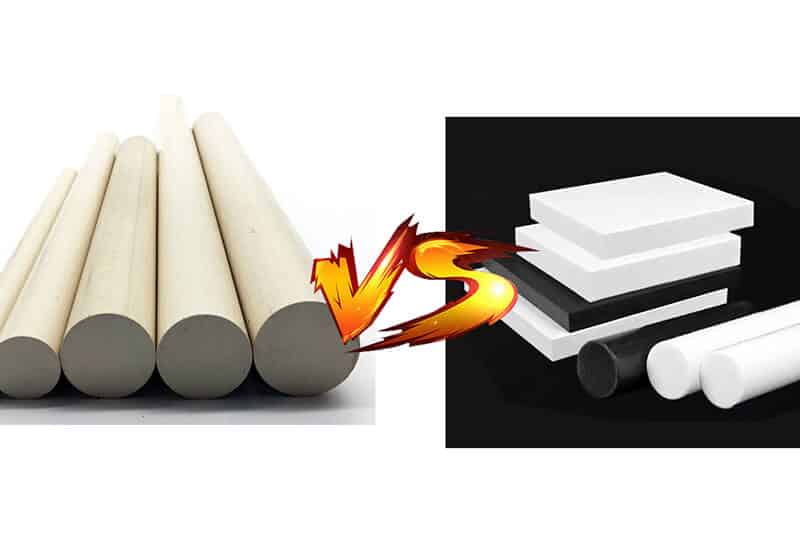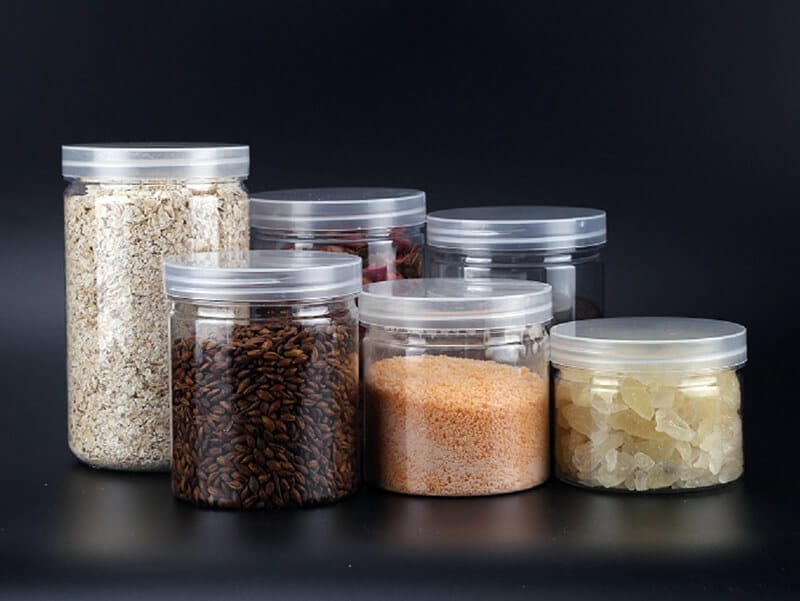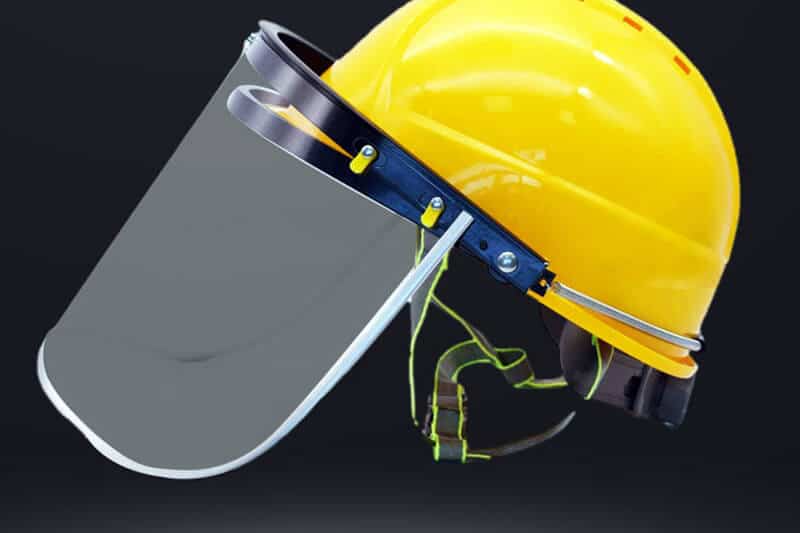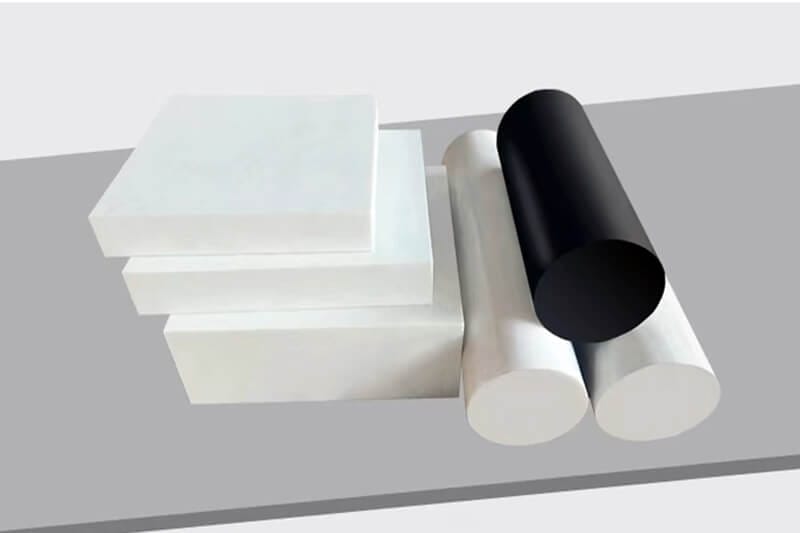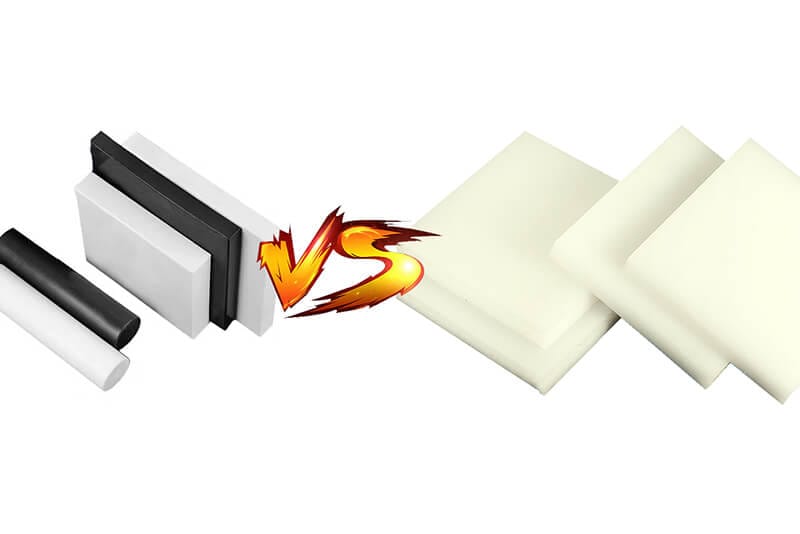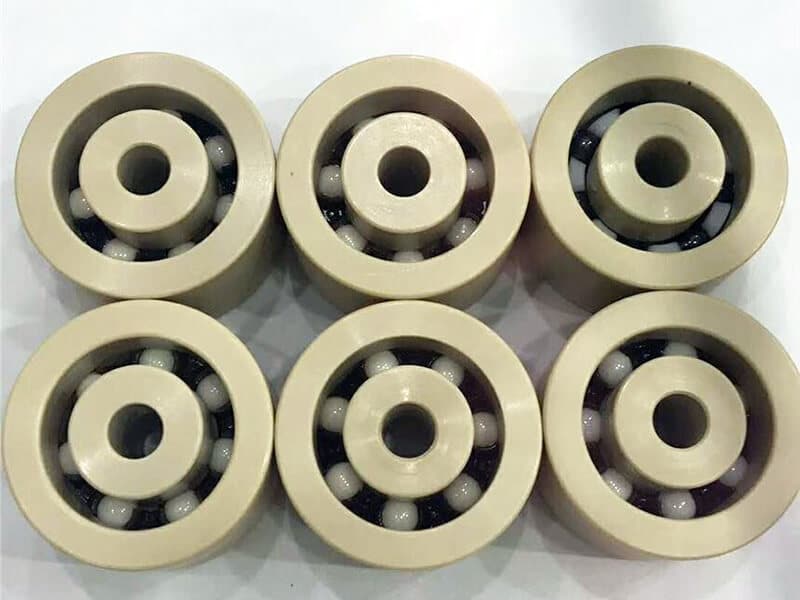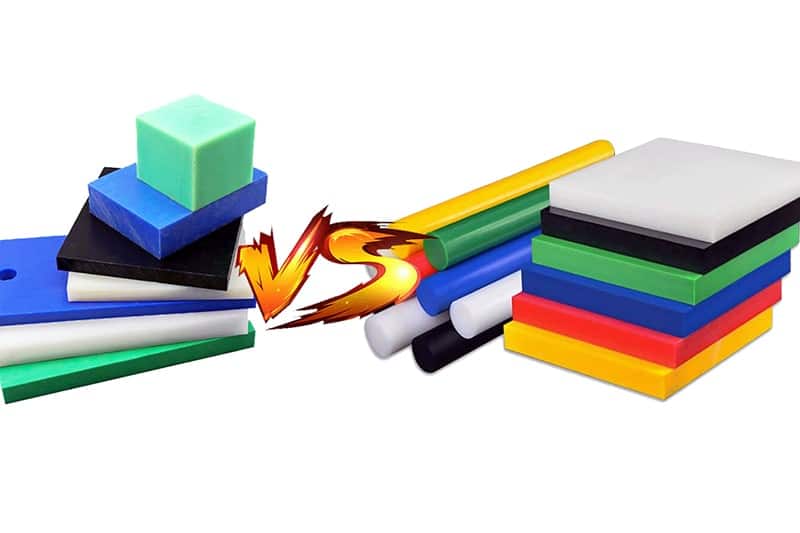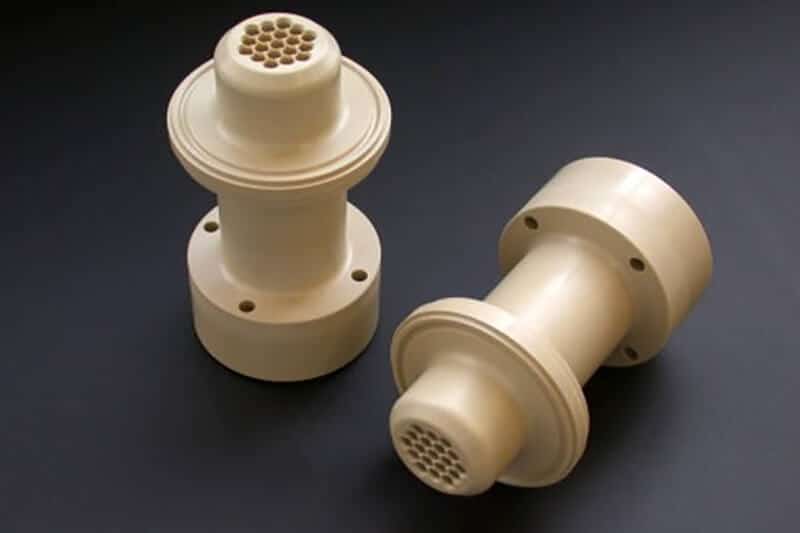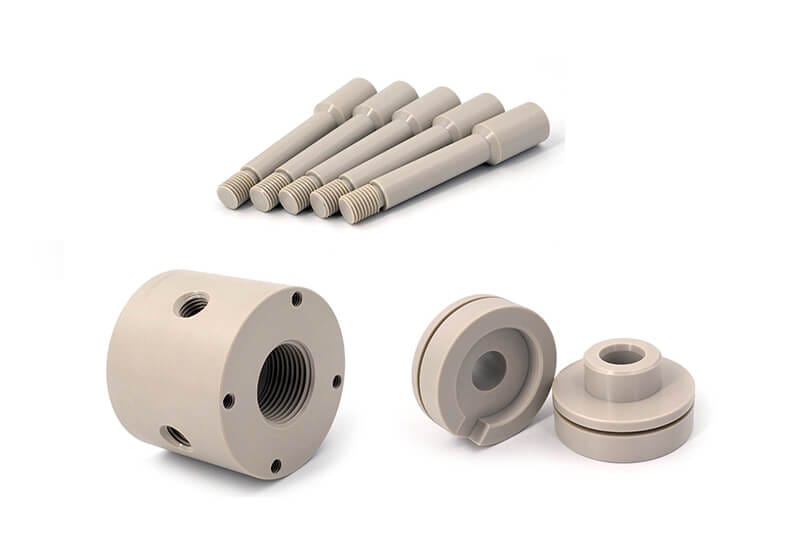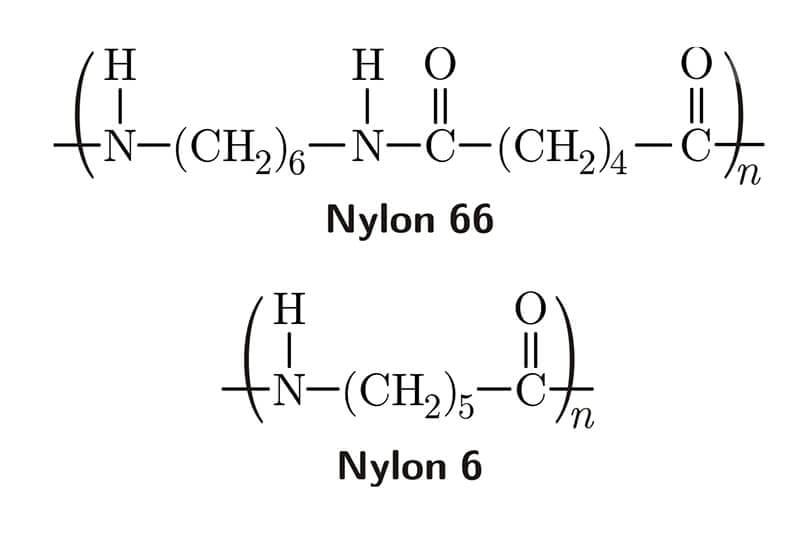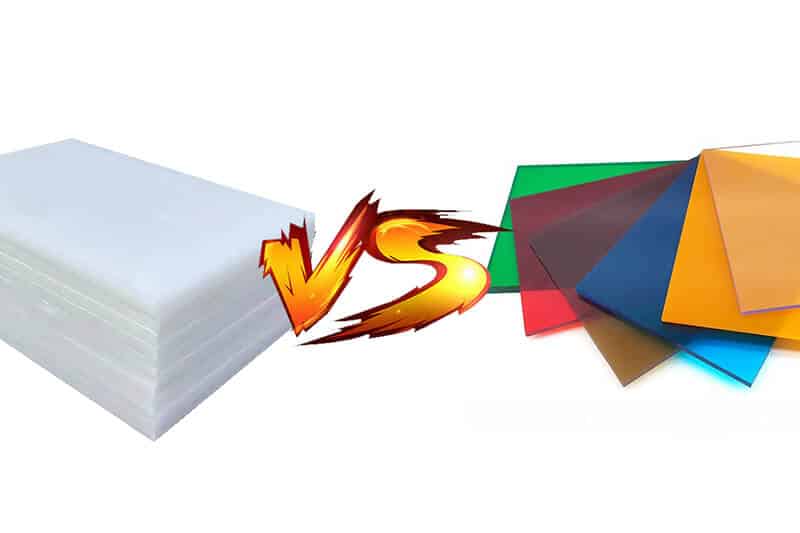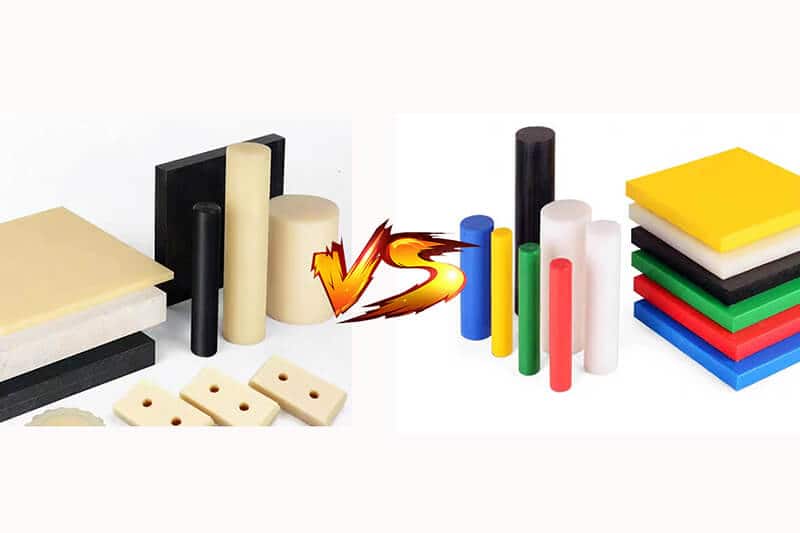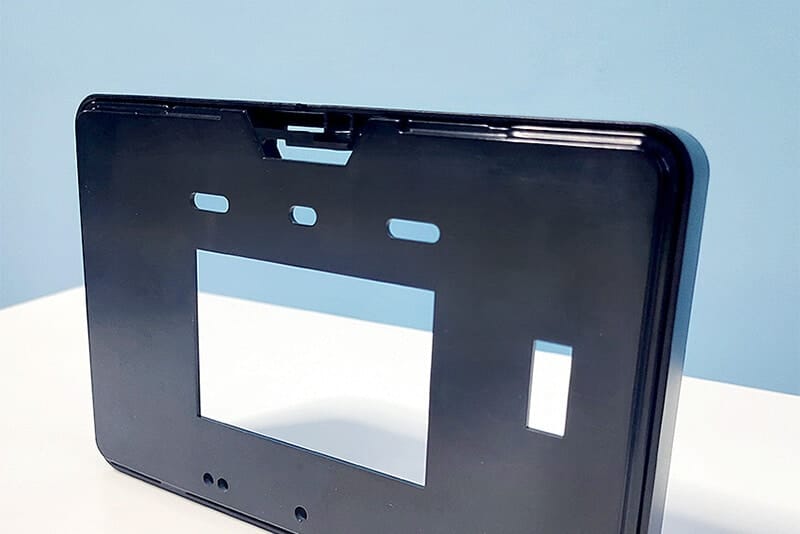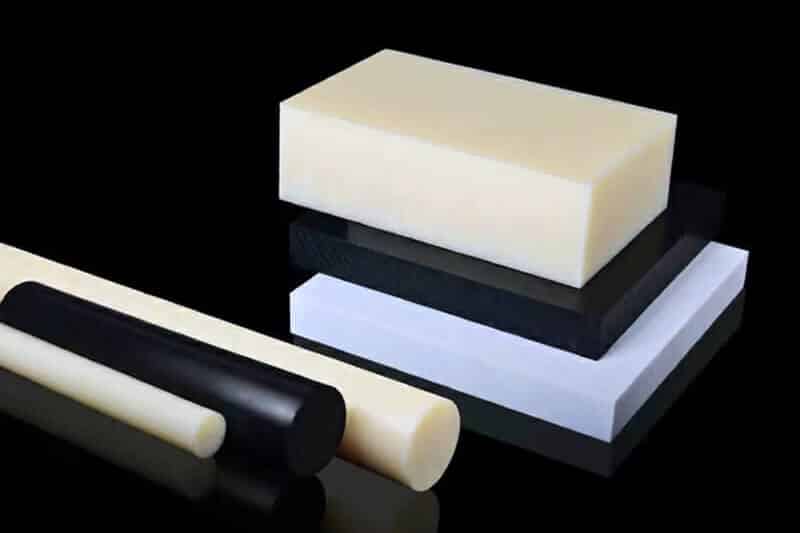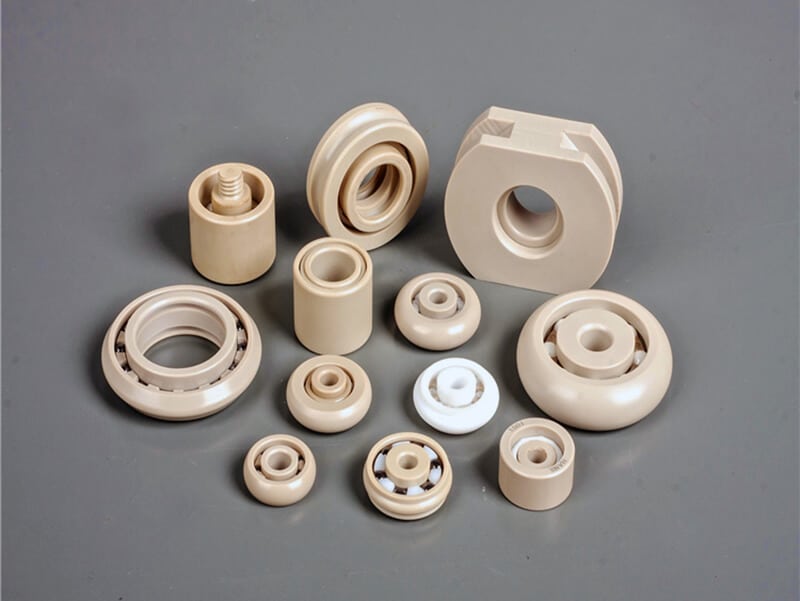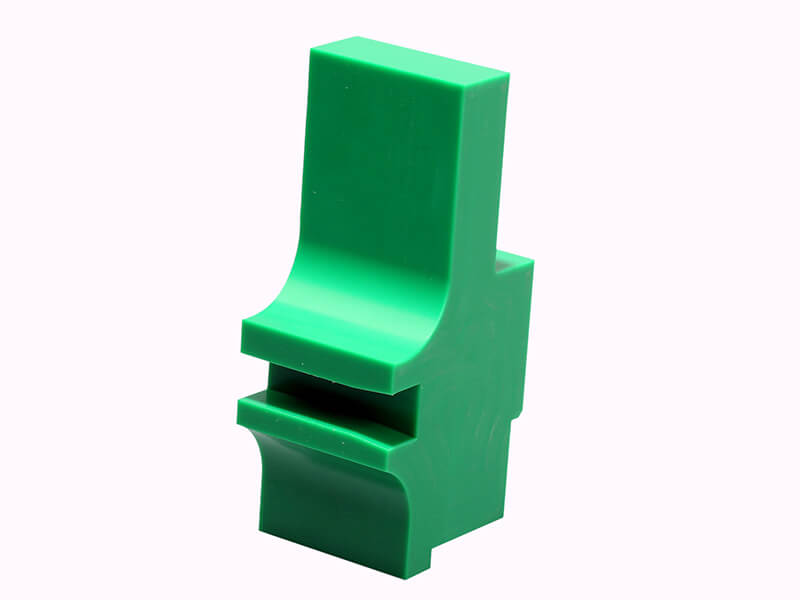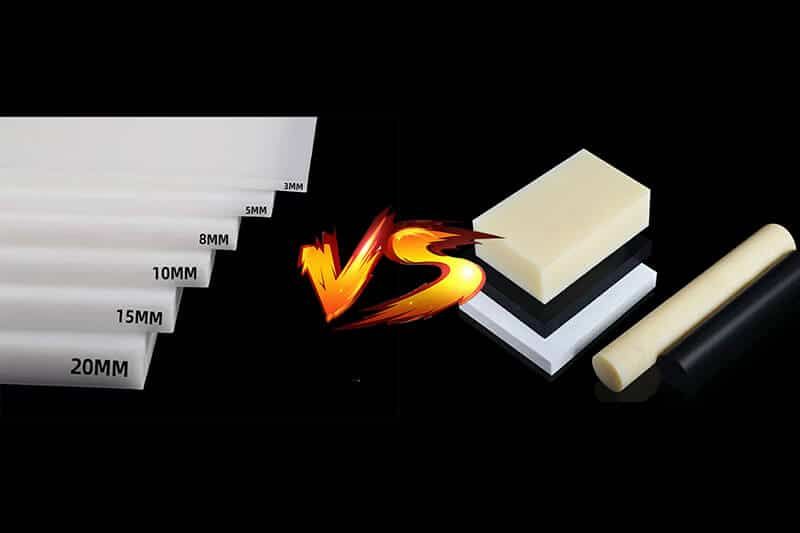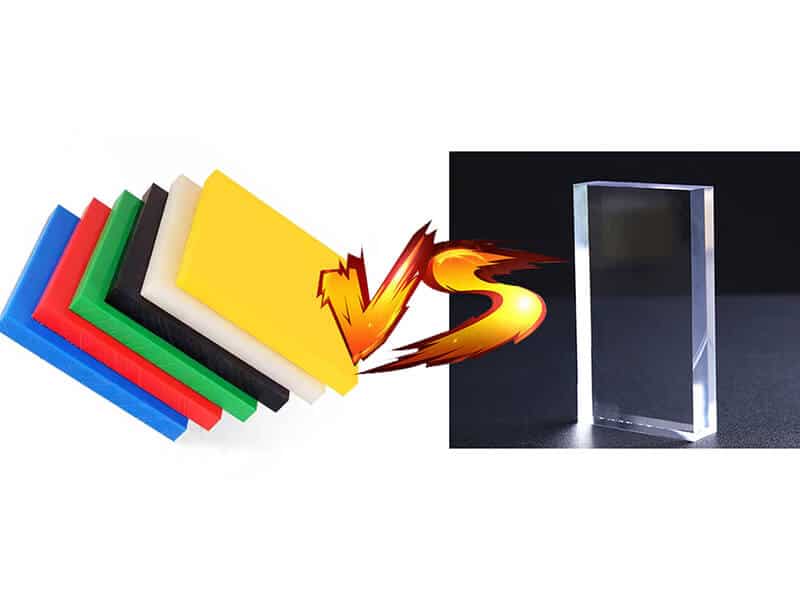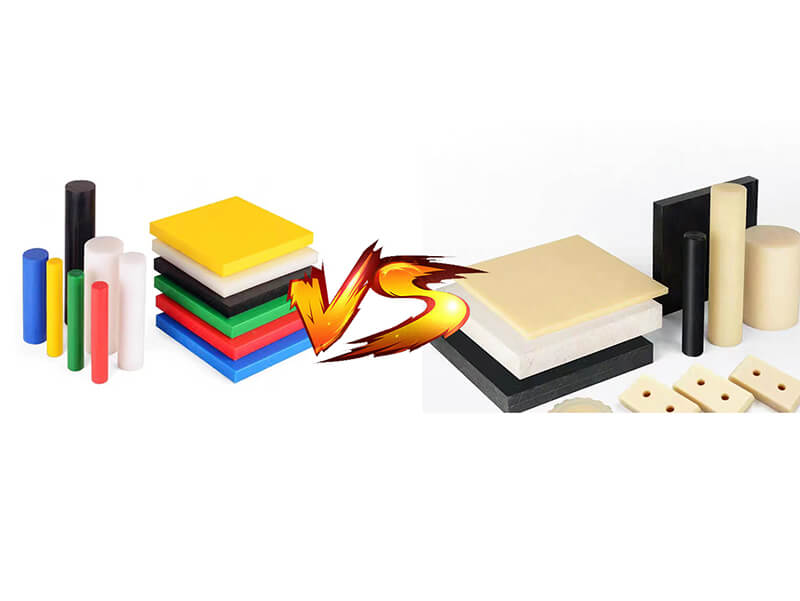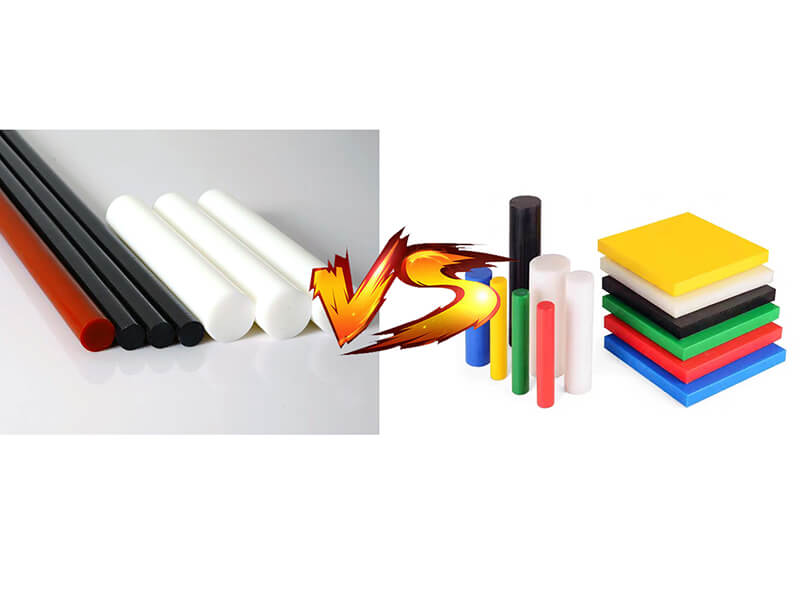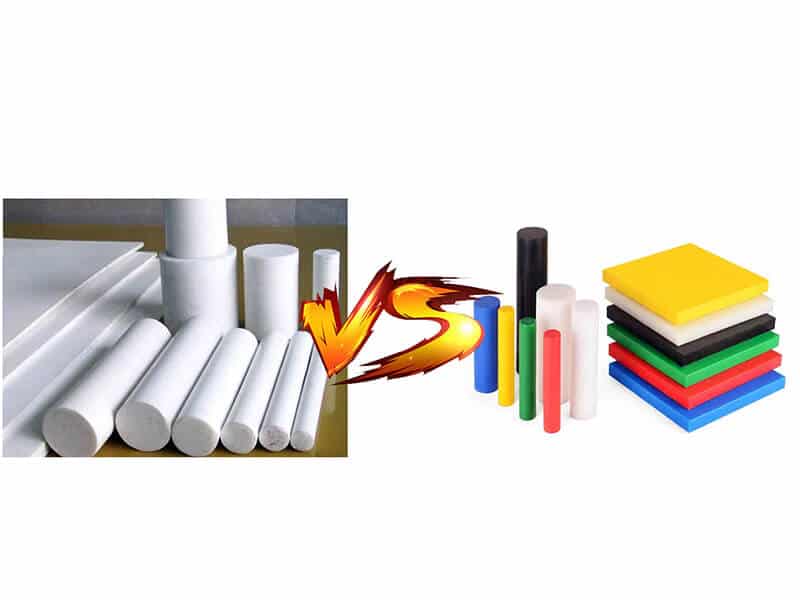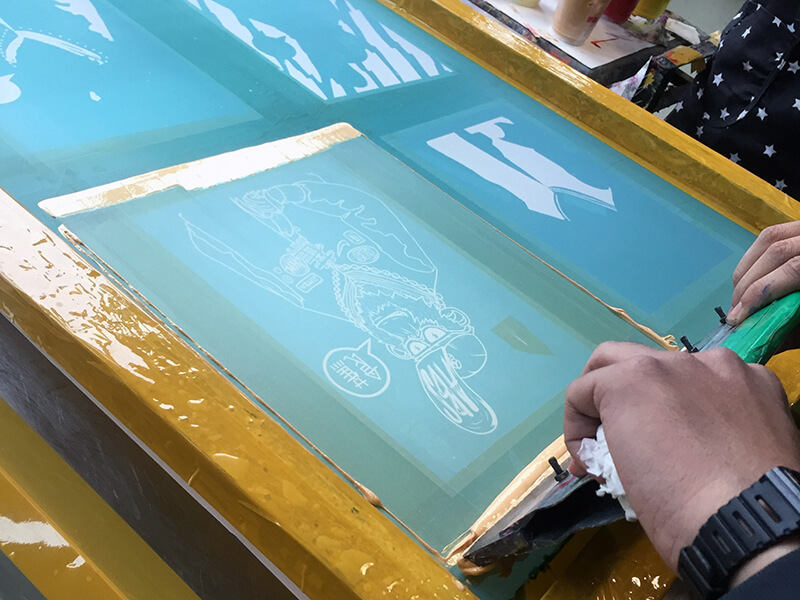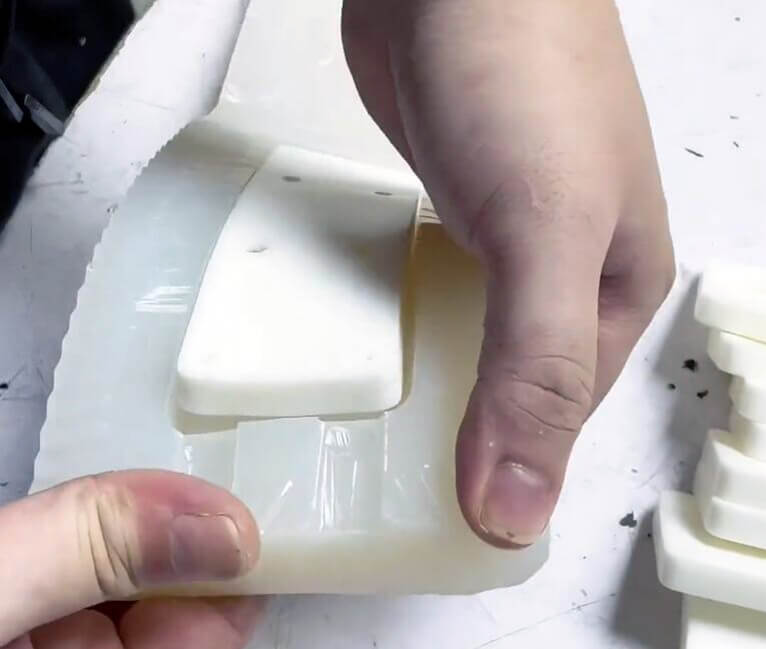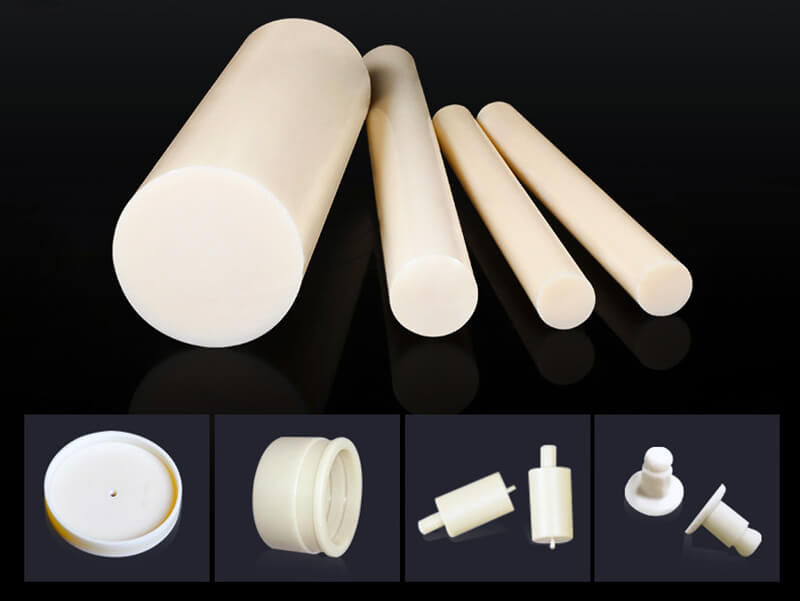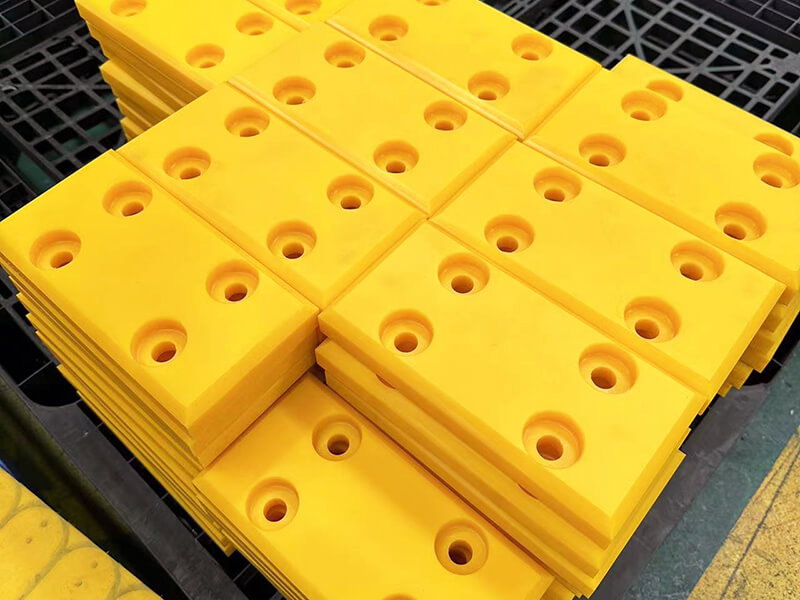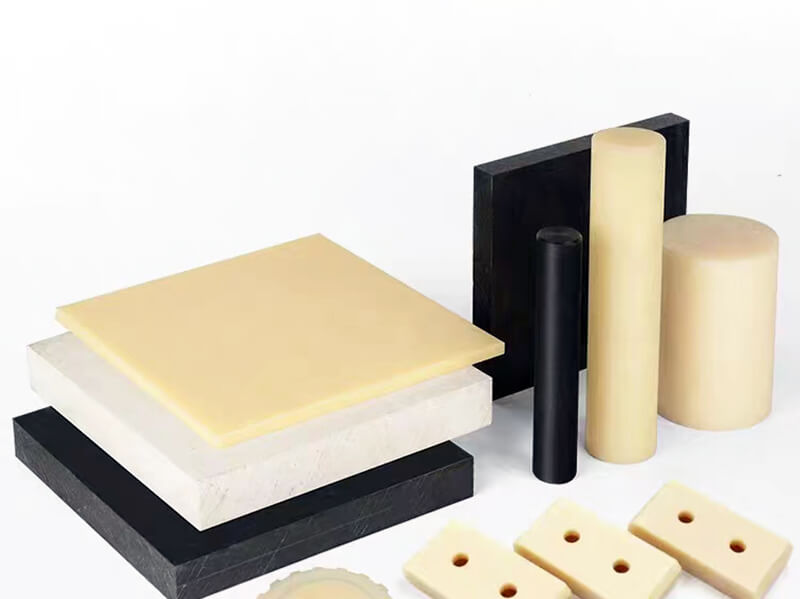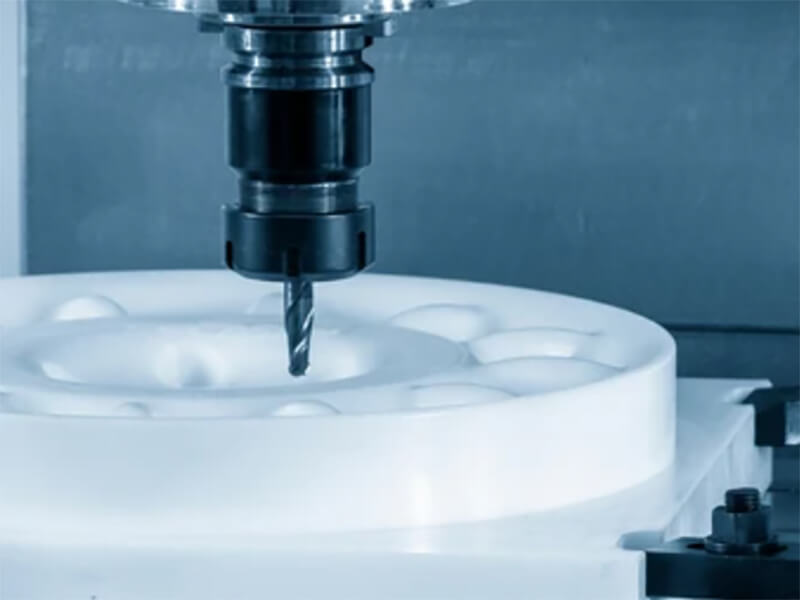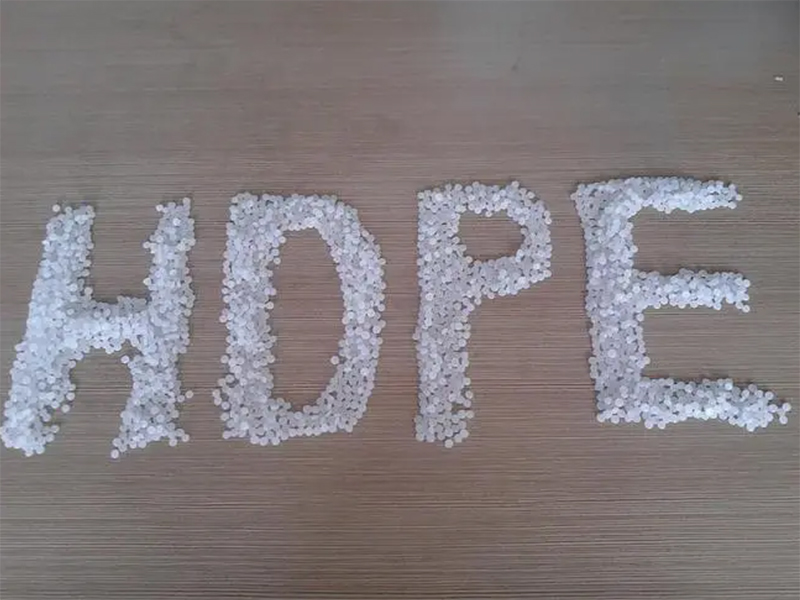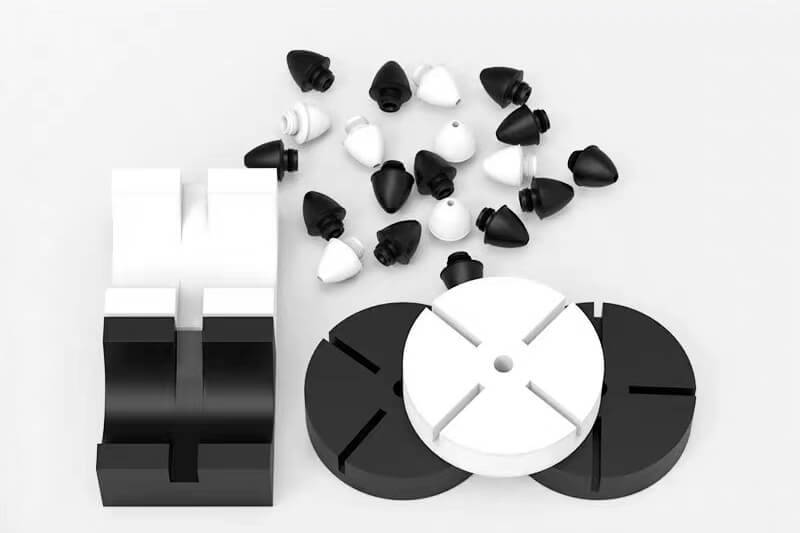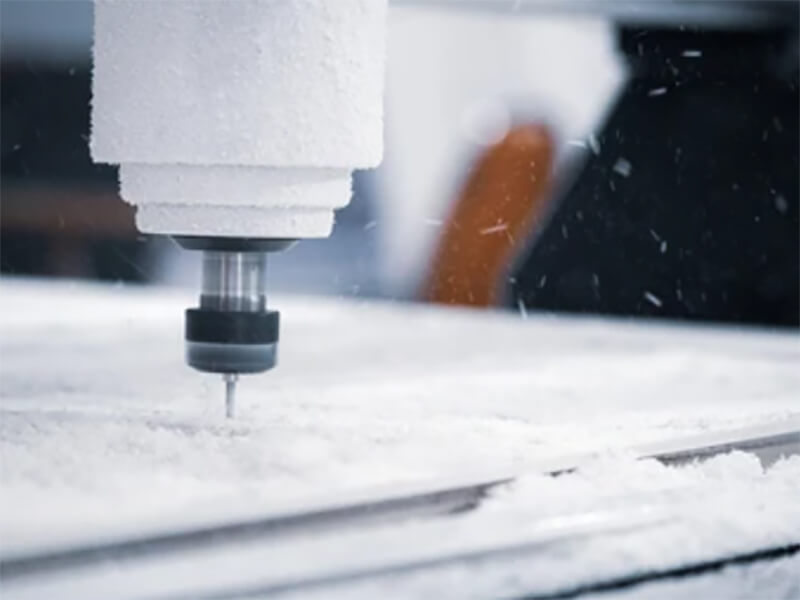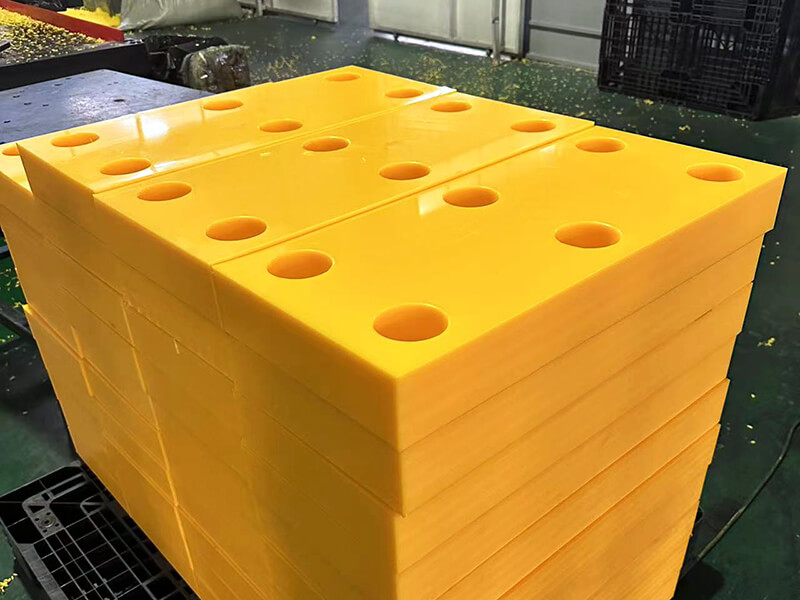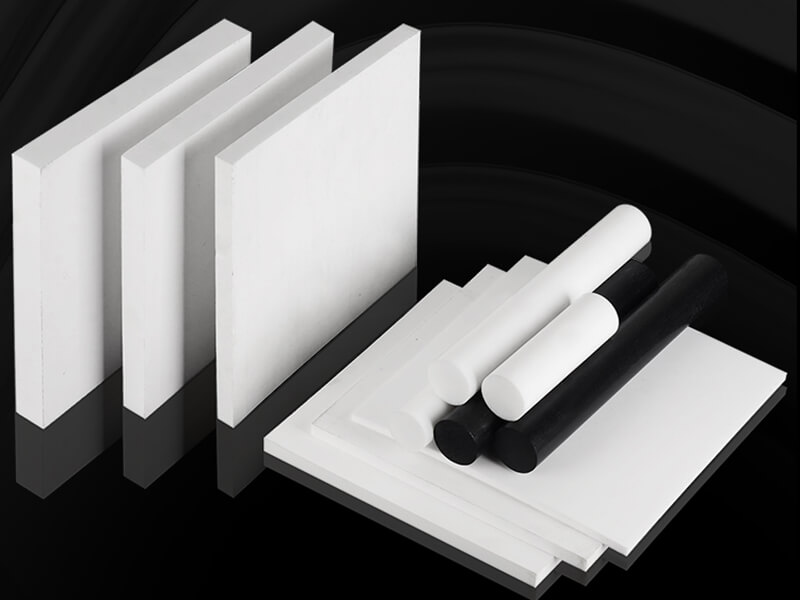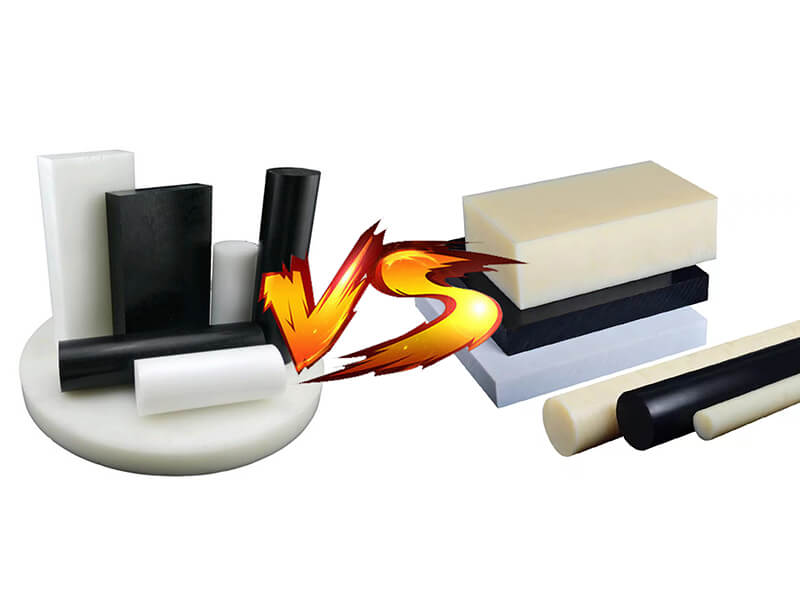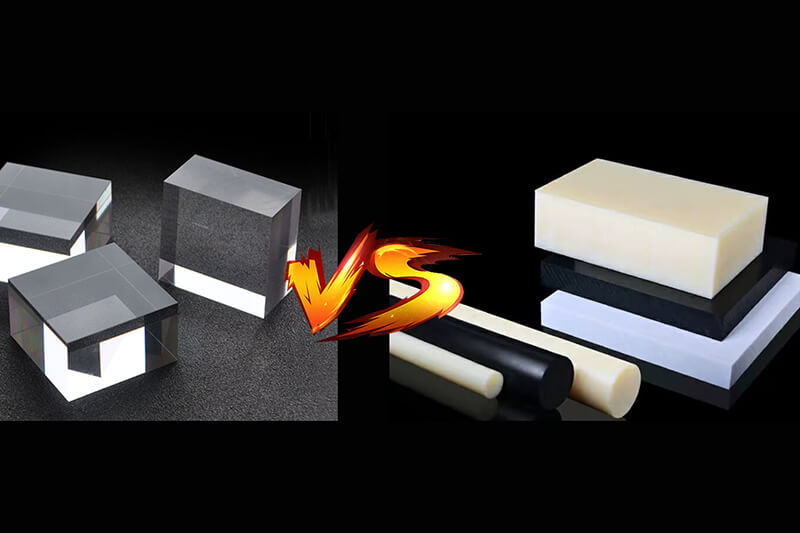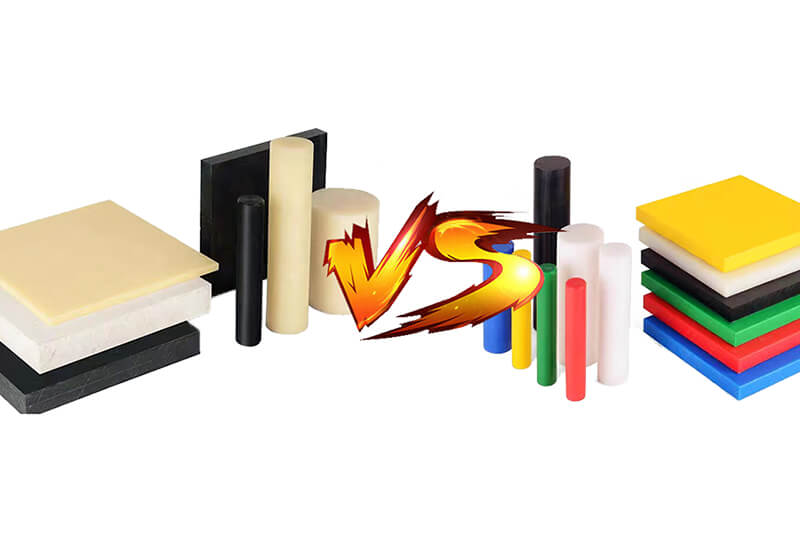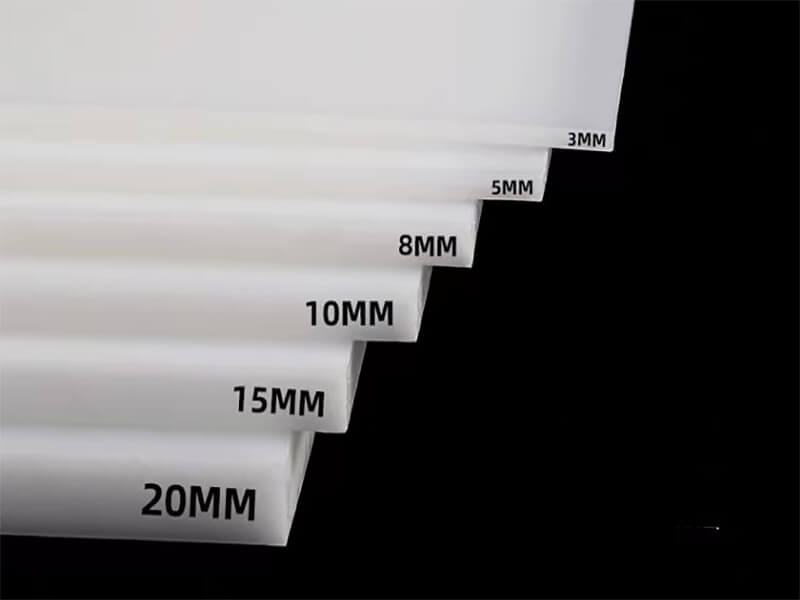You must Know Polyimide Applications in Extreme Temperature
Learn why polyimide excels in extreme temperatures, offering stability, durability, and performance where other materials fail.
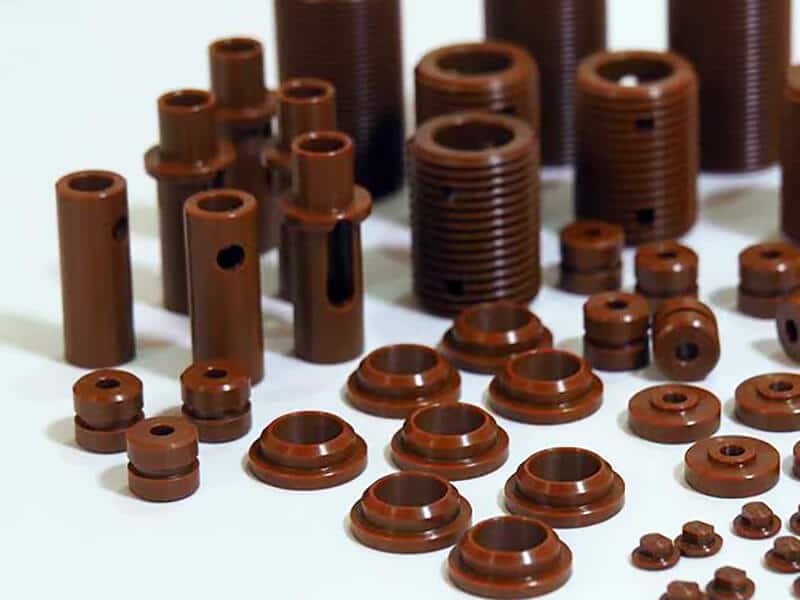
Polyimide’s good chemical resistance, higher mechanical strength, and other properties make it a desirable construction material. Moreover, industry experts, product designers, advanced machine manufacturers, and others adore polyimide for its excellent thermal properties.
It can withstand temperatures above 500 °C, which is an exceptional thermal property. In this article, we will reveal why polyimide stands out in extreme temperature applications.
What is Polyimide?
Polyimide material is a polymer that can also act as a thermoplastic. It was invented in 1908 by Marston Taylor Bogert and Roemer Rex Renshaw, and later, DuPont began developing and marketing it in 1960.
Polyimide is produced by the thermal imidization of polyamic acid. Depending on the output’s characteristics, the thermal imidization happens at a temperature of 200°C – 400°C.
In particular, in its production, dianhydride and diamine monomers react with each other in the presence of NMP to form polyamic acid. This polyamic acid later undergoes thermal imidization between 200°C and 400°C. Finally, the cyclization and dehydration trigger the production of polyimide.
Key Properties
Reasons: Polyimide Can Withstand Extreme Temperature Applications
The following are the reasons.
1. High Glass Transition Temperature
Polyimide’s high glass transition temperature can easily exceed 500°C. In comparison to similar materials like PBIe, polyimide’s high glass transition temperature is always a minimum of 70°C higher.
So, polyimide is superior for making parts or components that will work at high temperatures and remain rigid due to its high glass transition temperature.
2. Molecular Structure
Polyimide can have two molecular structures. First is the linear formation, in which atoms of the imide are chained linearly. Second is the heterocyclic formation, in which the imide group forms a cyclic polymer chain.
In both molecular structures, the strength of molecular bonds and imide linkages are very high, which resists the molecule’s free movement and increases its thermal stability.
3. High Thermal Decomposition Resistance
Polyimide’s high thermal decomposition resistance can reach above 630°C at a 40% mass loss condition, while the similar material PEEK high thermal decomposition resistance can reach only 580°C.
This means polyimide’s high thermal decomposition resistance greatly contributes to its resistance to chemical decomposition at high temperatures, i.e., it has outstanding performance in a high-temperature environment.
4. Low Thermal Expansion
Polyimide’s thermal expansion coefficient is 3 to 6 x 10-5 K-1, which signifies that the molecules of polyimide expand minimum under high temperatures. This ensures outstanding thermal stability of polyimide-made parts.
Applications of Polyimide in Extreme Temperature Industries
Polyimide is used in numerous advanced engineering applications in industries like electronics, automotive, aerospace, construction, etc. It is also used in medical and industrial machine production plants.
However, considering its exceptional thermal stability, it is used in the following industries’ applications.
Challenges to Using Polyimide-made Parts
The following are the challenges to using Polyimide-made parts or components of parts.
Expert Tips to Use Polyimide
Our experts at UVTECO give the following points as tips to use polyimide in various applications effectively and efficiently.
Final Words
We expect that various industry professionals will now have an accurate idea of why polyimide stands out in extreme-temperature applications. However, the limitations associated with the use of polyimide in various applications can be mitigated.
The mitigating approaches are advanced manufacturing techniques, material modifications, hybrid materials, and sustainable production.
UVTECO is a leading supplier of Polyimide Material in China, we provide not only Polyimide Sheets, Polyimide Rods, but also machining services. If you are looking for a trustworthy supplier for your project, contact us now!
Related Blogs

Looking for a trustworthy Supplier
Need a Trustworthy Supplier of Plastic, Foam, Sponge, Rubber, Metal, and Machining Solution. Click the Button, We Will Be In Touch With You As Quickly As Possible.
